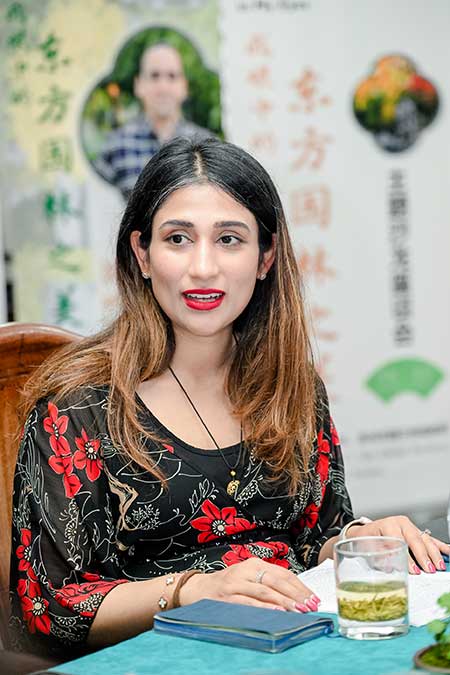

Each international expert shared insights from their visit, emphasizing the importance of cultural exchange and the global dissemination of Chinese traditional garden culture. Professor Genovese presented his research on Suzhou's historical development, which utilized historical maps such as the "Pingjiang Map" and "Gusu Map" along with Qing Dynasty artworks. By applying artificial intelligence algorithms for image analysis, he traced Suzhou's urban evolution from the Southern Song Dynasty to the Qing Dynasty and into modern times. His research underlined the critical role of Suzhou's historical urban development in regional economic and cultural advancement.
Giorgio Sinedino described Suzhou's classical gardens as products of the Jiangnan region's historical prosperity. He marveled at their intricate design concepts and the spatial experience of "changing scenery with each step," which contrasts significantly with Western garden design. He emphasized that the gardens' dynamic beauty emerges from a composition of multi-layered static scenes.
Zoon Ahmed Khan praised Suzhou for demonstrating that "economic modernization does not make historical and cultural heritage obsolete." She admired how the gardens serve as platforms for meaningful dialogue between past and future, linking civilizations across different countries and languages. She noted that Suzhou's commitment to historical preservation, backed by government policies and public support, ensures that the city's cultural treasures remain relevant.